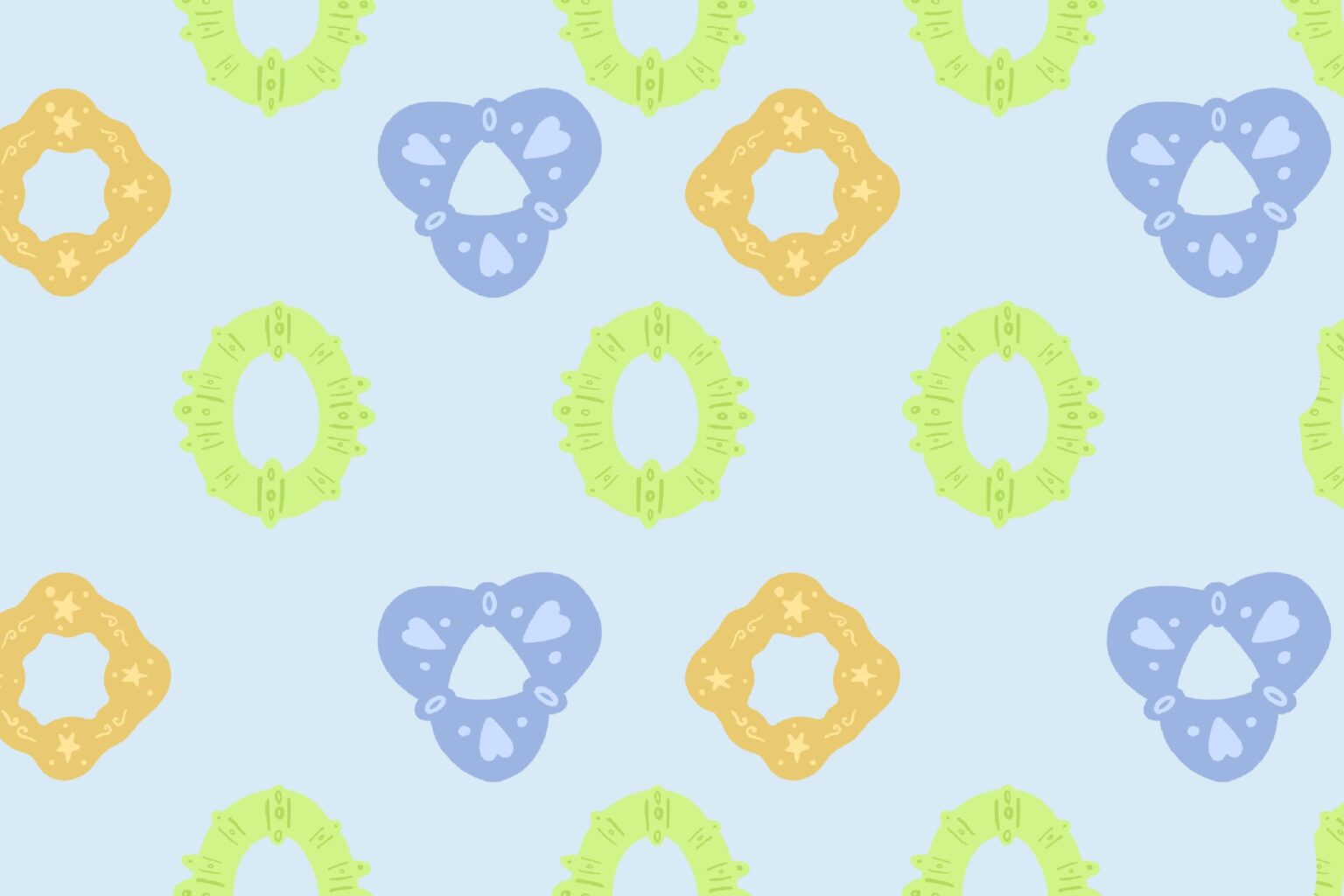Q&a With Dr. Kristie Rivers: it’s Teething Time!

1. Is it OK if a baby hasn’t started teething by around six months? How long can it take before those first teeth erupt?
Answer : Dr. Kristie Rivers: Just like any milestone, every baby follows his or her own pace when teething. While some babies start showing those pearly whites as early as 4 months, others may not show any signs of teething until 15 months of age. Premature babies and babies with low birth weight can have a delay in the timing of the first teeth popping out. But if a baby doesn’t have any sign of tooth eruption by 18 months of age, he or she should be referred to a dentist for evaluation.
2. How long do teething symptoms typically last?
Answer : Teething symptoms can begin as early as 3 months and last until that last primary tooth pokes through at around 3 years of age. Some babies may have tender, swollen gums while the teeth are erupting. Others have drooling, fussiness, pulling at the ears, or difficulty sleeping at night. Typically, high fever, diarrhea, and rashes are not results of teething, although many parents are convinced these symptoms go along with tooth eruption. Teething symptoms normally last only a few days before that tooth erupts through the gums.
3. The FDA recently put out an advisory warning against lidocaine-based gels for the relief of teething pain. What else can parents do to relieve teething pain? Do you recommend teething rings?
Answer : Yes, parents should definitely stay away from lidocaine-based gels, because they can lead to serious problems, including seizures and methemoglobinemia, which causes a decreased amount of oxygen to be delivered to the body. Instead, parents can give the baby something firm and cold to chew on. Teething rings made of firm rubber work well, especially if they are placed in the refrigerator. Rings placed in the freezer may be too cold and hard for your little one’s gums and may end up causing more harm than good. Parents can also use a cold washcloth or even pieces of frozen bagel or banana.
4. Are there any red flags when it comes to tooth eruption that parents should look out for? When should a parent call you with a teething related question?
Answer : Not really. Parents often get very concerned if teeth erupt in a pattern that is different than they expect. However, this is not a cause for concern because some babies will have teeth come in out of order. Parents should also be aware that the gums can become pretty swollen right before a tooth pops through, so that should not be a cause for concern. And just remember, if your baby has a fever over 101 degrees Fahrenheit, you can’t really blame that on teething. If the fever continues, you should probably have your baby checked out by the doctor.
Powered by Bundoo®










